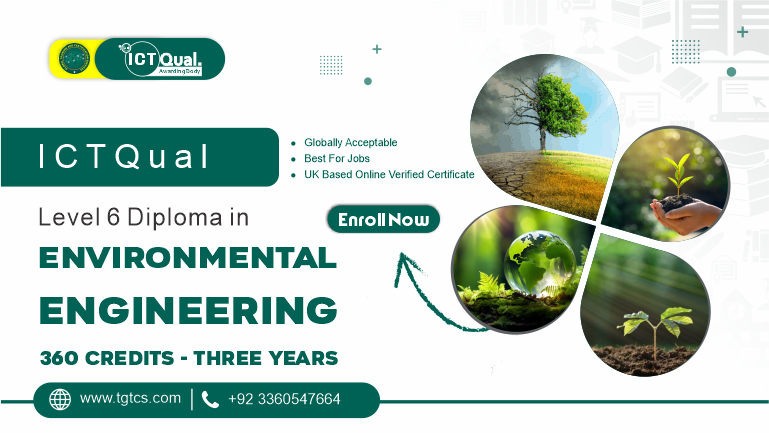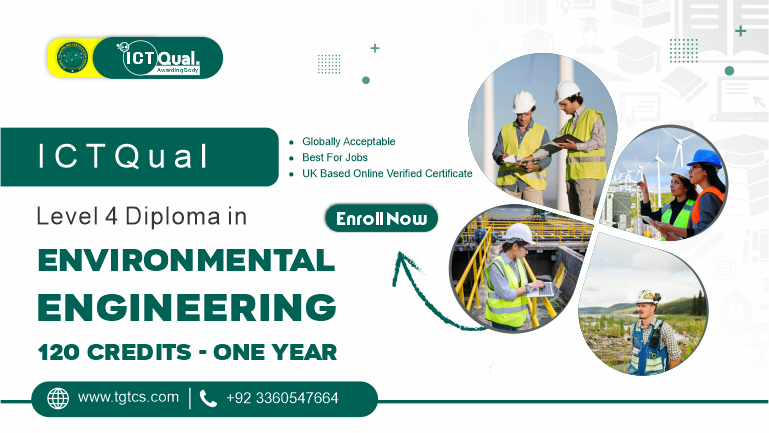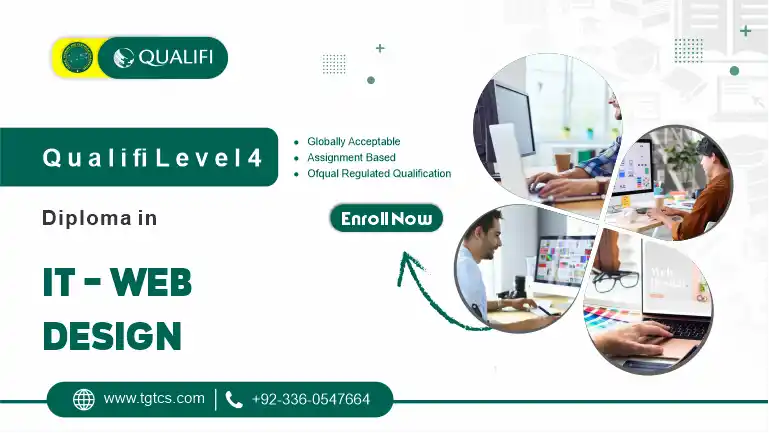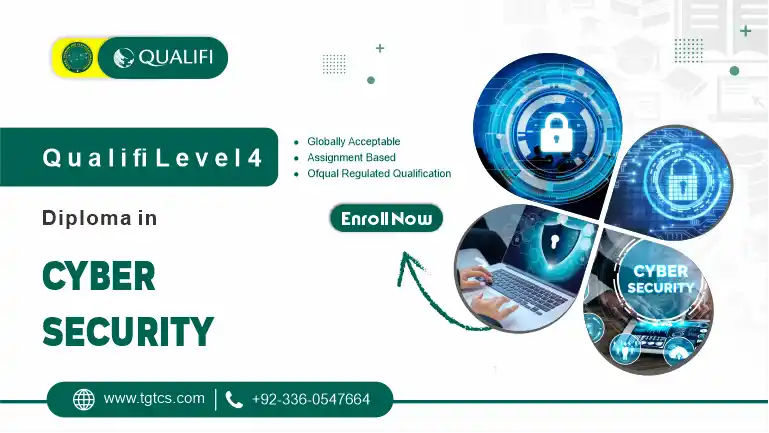LICQual Level 6 International Diploma in Risk Management
The LICQual Level 6 International Diploma in Risk Management is designed for professionals who aspire to excel in the dynamic field of risk management. This advanced qualification equips you with the strategic insights and practical tools needed to navigate complex risk environments, making you a vital asset to any organization.
The LICQual Level 6 International Diploma in Risk Management is a prestigious qualification that provides in-depth knowledge and skills in identifying, assessing, and managing risks at a strategic level. This diploma is recognized globally, making it an excellent choice for professionals looking to enhance their credentials in risk management.
In today’s global business landscape, effective risk management is critical. Organizations face numerous challenges, including financial uncertainty, regulatory changes, and reputational risks.
The LICQual Level 6 International Diploma in Risk Management is your gateway to advancing your career in risk management. By mastering advanced principles and techniques, you will become a key player in your organization, equipped to tackle the complexities of today’s business environment.
The Global Training and Certification Services (TGTCS) is Directly Approved Training Centre of LICQual
The LICQual Level 6 International Diploma in Risk Management is a prestigious qualification designed for professionals seeking to advance their expertise in the field of risk management. This comprehensive program provides in-depth knowledge and practical skills essential for identifying, assessing, and managing risks at a strategic level.
Participants will explore a wide range of topics, including advanced risk assessment techniques, regulatory compliance, crisis management, and the integration of risk management strategies with organizational objectives. With a focus on real-world applications, the course incorporates case studies and hands-on exercises to reinforce learning.
Offered in flexible formats—both online and in-person—the diploma caters to busy professionals, enabling them to balance their studies with work commitments. Expert instructors provide insights drawn from their extensive industry experience, enhancing the learning experience.
Ideal for risk managers, senior executives, compliance officers, and consultants, this qualification equips learners with the tools necessary to navigate complex risk environments, improve decision-making, and ensure organizational resilience. Upon completion, graduates will be well-prepared to tackle the challenges of modern risk management and enhance their career prospects in a competitive job market.
Mandatory Units
Unit 1. Risk Management: An introduction and Overview
Unit 2. Corporate Culture and Risk Management
Unit 3. Risk Identification Methodologies
Unit 4. Incidents Prevention and Risk Control
Unit 5. Risk Assessment and Legal Compliance
Unit 6. Responsible Governance and Performance Measurement
Upon successful completion of the LICQual Level 6 International Diploma in Risk Management, participants will be able to:
- Understand Strategic Risk Management: Demonstrate a comprehensive understanding of strategic risk management principles and how they align with organizational goals and objectives.
- Conduct Advanced Risk Assessments: Utilize qualitative and quantitative risk assessment methodologies to effectively identify, analyze, and evaluate risks in complex environments.
- Navigate Regulatory Frameworks: Interpret and apply relevant legal and regulatory requirements governing risk management across various industries.
- Develop and Implement Risk Mitigation Strategies: Formulate effective risk management plans that include control measures and contingency strategies to address identified risks.
- Enhance Crisis Management Skills: Design and implement crisis management protocols that ensure organizational resilience and continuity during adverse events.
- Apply Practical Knowledge: Utilize case studies and real-world scenarios to apply theoretical concepts in practical situations, demonstrating critical thinking and problem-solving skills.
- Communicate Risk Information Effectively: Present risk assessment findings and recommendations to stakeholders clearly and persuasively, facilitating informed decision-making.
- Foster a Risk-Aware Culture: Promote a culture of risk awareness within organizations, encouraging proactive risk management practices among all employees.
- Engage in Continuous Improvement: Implement monitoring and review processes to assess the effectiveness of risk management strategies and make continuous improvements.
Benefits of the Level 6 International Diploma in Risk Management:
- Advanced Knowledge and Skills: Gain in-depth knowledge of advanced risk management principles and practices, equipping you with the expertise needed to tackle complex risk scenarios effectively.
- Global Recognition: The LICQual Level 6 Diploma is internationally recognized, enhancing your professional credibility and making you a more attractive candidate in the global job market.
- Career Advancement Opportunities: This qualification can open doors to higher-level positions in risk management, compliance, and organizational leadership, helping you to progress in your career.
- Enhanced Decision-Making: Develop the ability to make informed, strategic decisions that integrate risk considerations, improving overall organizational performance and resilience.
- Practical Application: Engage with real-world case studies and hands-on exercises that allow you to apply theoretical concepts, reinforcing your learning and preparing you for practical challenges.
- Networking Opportunities: Connect with fellow professionals and industry experts, building valuable relationships that can support your career growth and open up new opportunities.
- Flexible Learning Options: Choose between online and in-person formats, allowing you to tailor your learning experience to fit your personal and professional commitments.
- Expert Instruction: Learn from experienced instructors who bring real-world insights and best practices, enriching your understanding of current trends and challenges in risk management.
- Crisis Management Skills: Acquire the skills necessary to develop and implement effective crisis management and business continuity plans, ensuring your organization can respond effectively to emergencies.
- Continuous Improvement Focus: Learn how to monitor and review risk management practices, fostering a culture of continuous improvement within your organization.
The ideal learner for the LICQual Level 6 International Diploma in Risk Management typically embodies the following characteristics:
- Experienced Professionals: Individuals with a background in risk management, compliance, or related fields who are looking to deepen their knowledge and expertise.
- Aspiring Risk Managers: Those aiming to transition into risk management roles from other areas, such as project management, operations, or business development.
- Senior Executives and Leaders: Professionals in leadership positions who need a comprehensive understanding of risk management to inform strategic decision-making within their organizations.
- Compliance Officers: Individuals responsible for ensuring adherence to regulatory standards and looking to enhance their skills in managing organizational risks.
- Consultants and Advisors: Professionals who provide advisory services in risk management and want to strengthen their qualifications to better serve clients across various sectors.
- Lifelong Learners: Individuals with a commitment to continuous professional development, eager to stay updated on industry trends and best practices in risk management.
- Analytical Thinkers: Those with strong analytical and problem-solving skills, capable of assessing complex situations and making informed decisions based on risk assessments.
- Team Collaborators: Professionals who value collaboration and are interested in working with cross-functional teams to integrate risk management into broader organizational strategies.
The LICQual Level 6 International Diploma in Risk Management offers a structured progression that guides learners through advanced concepts and practices in risk management. This feature progression ensures that participants build a solid foundation while advancing their skills and knowledge. Here’s how the course unfolds:
- Foundational Understanding of Risk Management
- Introduction to Risk Concepts: Participants begin by exploring the fundamental principles and definitions of risk management, establishing a baseline understanding of key concepts.
- Risk Management Frameworks: Learners examine various frameworks and standards that guide effective risk management practices.
- Advanced Risk Assessment Techniques
- Qualitative and Quantitative Methods: Participants delve into advanced assessment methodologies, learning how to effectively identify, analyze, and evaluate risks using both qualitative and quantitative techniques.
- Practical Application: Through case studies, learners apply these techniques to real-world scenarios, enhancing their analytical skills.
- Strategic Risk Management
- Aligning Risk with Business Objectives: Learners explore how to integrate risk management strategies with organizational goals, fostering a proactive approach to risk in decision-making.
- Developing Risk Mitigation Strategies: Participants gain skills in formulating and implementing effective risk mitigation plans tailored to their organizations’ unique needs.
- Regulatory Compliance and Legal Frameworks
- Understanding Regulations: Participants study relevant legal and regulatory requirements that impact risk management across different industries, ensuring they can navigate compliance challenges.
- Ethical Considerations: Discussions on ethical implications in risk management enhance learners’ ability to make responsible decisions.
- Crisis Management and Business Continuity
- Crisis Preparedness: Learners develop crisis management skills, focusing on creating robust business continuity plans to ensure organizational resilience during disruptions.
- Response and Recovery Strategies: Participants learn how to effectively respond to crises, minimizing potential impacts on the organization.
- Communication and Stakeholder Engagement
- Effective Risk Communication: Participants hone their skills in presenting risk assessments and recommendations clearly to diverse stakeholders, fostering informed decision-making.
- Building a Risk-Aware Culture: Strategies for promoting a culture of risk awareness within organizations are discussed, empowering all employees to engage in proactive risk management.
- Monitoring and Continuous Improvement
- Establishing Monitoring Processes: Learners gain insights into how to implement monitoring and review systems that evaluate the effectiveness of risk management strategies.
- Fostering Continuous Improvement: The course emphasizes the importance of adapting to changing risk landscapes and making iterative improvements to risk management practices.
Course Overview
Course Level
Level 6
Course Units
06 Mandatory Units
Duration
06 to 12 Months






